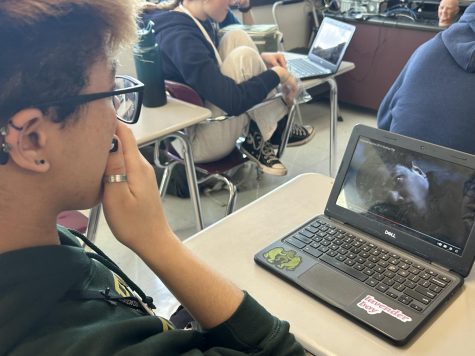High school students discover they are not prepared for college
Higher education more challenging that most teens realize.
A SHS student analyzing their college options by looking at college flyers on a bulletin board.
February 16, 2019
You just got accepted into your dream school, and you tell your family members and friends the good news. Later, a few months into the semester, a different reality sets in: you miss your friends and family, the college workload is academically challenging on a whole new level, and you have to cook your own meals. This is the reality of many high school Americans: are students academically and emotionally ready college?
“I think it depends on the kid, some students are very prepared and some aren’t,” said SHS guidance counselor Ms. Theresa Onody. “Use the resources you can use, talk to parents, guidance counselors. If you don’t know what you’re going to do, and you don’t talk, then we can’t help. If you’re not going to speak up or advocate for yourself then, who will?”
Only about one third of high school seniors are prepared for college level math and reading. Statistics show that while the performance in reading is increasing, some students are performing worse.
The Public Policy Institute of California reveals that while two thirds of 9th graders will attend a two year or four year college, only about 30% of those students will earn the desired degree.
Research from College Board has shown that even students who take advanced high school classes are not prepared for the challenges of higher education. They found that one-quarter of the students were required to take non-credit remedial courses in the beginning of their college career. Half of the students polled said that the college courses were much more difficult than they anticipated. Students also admitted that they should have worked and tried harder in high school in order to prepare themselves for college.
“More and more students seem to be less prepared for college, particularly math and English skills are not what we would like them to be when they come to college,” said Rita Cheng, chancellor at Southern Illinois University at Carbondale.
Since students are so focused on their independence, and often confident about how well they perform in high school, they ignore the warnings about the difficulties of college academics. In high school, it easy for students to cheat off of each other, but such behavior is not so easy in college.
“When you’re in college you need at most five hours to study for each class and I don’t think everyone is prepared for that,” said sophomore Jason Chen. “In high school what we do is easy and doesn’t require a lot of work compared to assignments in college.”
Some students don’t feel academically prepared for college because there are less academic expectations in terms of following directions, completing assignments on time, and much more. In college, most students find it integral to follow directions and hand in assignments on time in order to get a good grade.
“In my opinion, overall, I feel that teachers have low expectations of students when it comes to excelling academically in projects, assignments, tests, and much more,” said junior Nina Goldschmit. “As a result, we are really not as prepared as we should be academically for college.”
Many students also struggle to prepare themselves emotionally for college. According to the Child Mind Institute, although many teenagers do academically well in high school, many of them are not emotionally prepared to be independent on their own.
“It’s understandable that many teenagers are not prepared to be independent on their own, because they are thrusted into a completely different environment, without their usual support system of family members and friends,” said senior Karissa Belzer.
Even though many high school seniors may feel that they are not academically or emotionally ready for college, there are still many opportunities for teenagers to learn how to manage their time effectively, take initiative in their academic career, and handle stress.
“Whenever I have an assignment to complete, I make sure to write it in my agenda,” said sophomore Taha Vahanvaty. “It helps me manage my time effectively, a skill I will use for the rest of my life, especially in college.”
For more information on how high school seniors can academically and emotionally prepare themselves for college, please visit the following links located below.


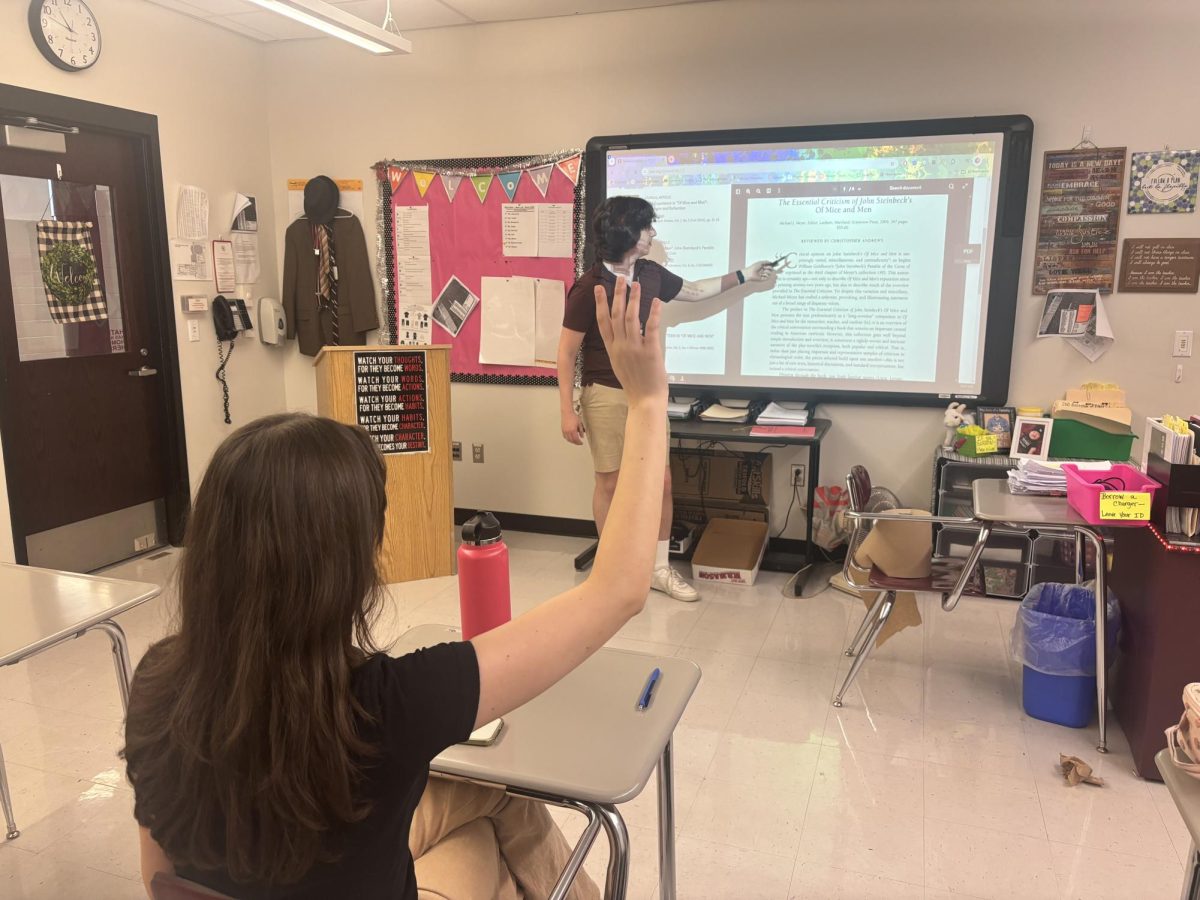

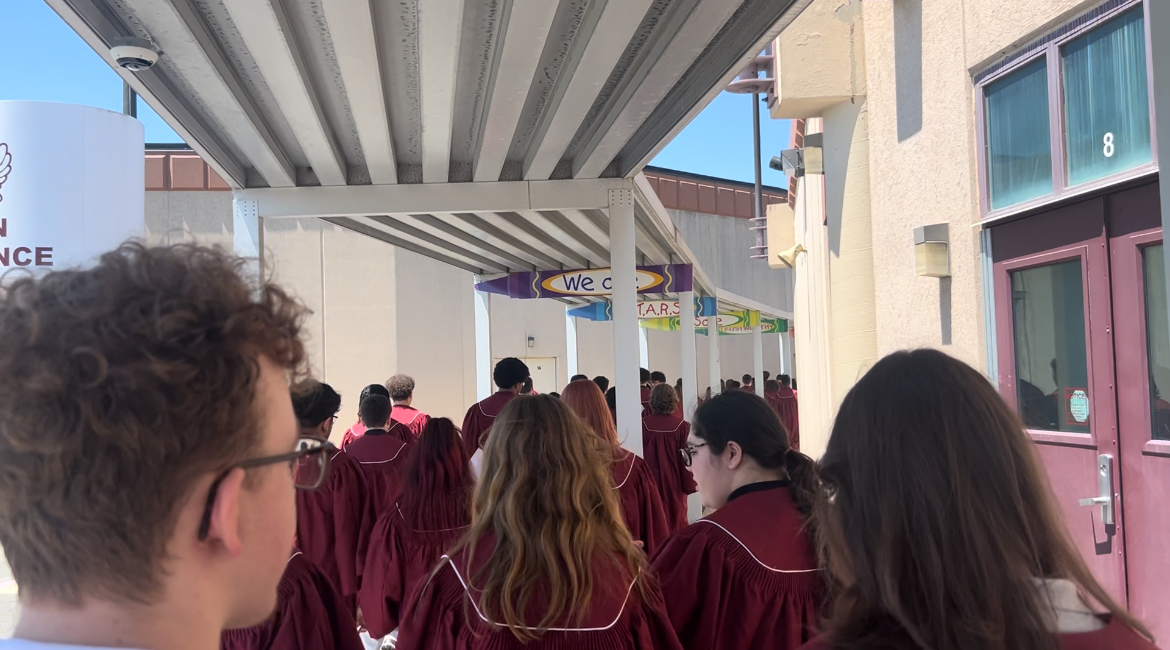
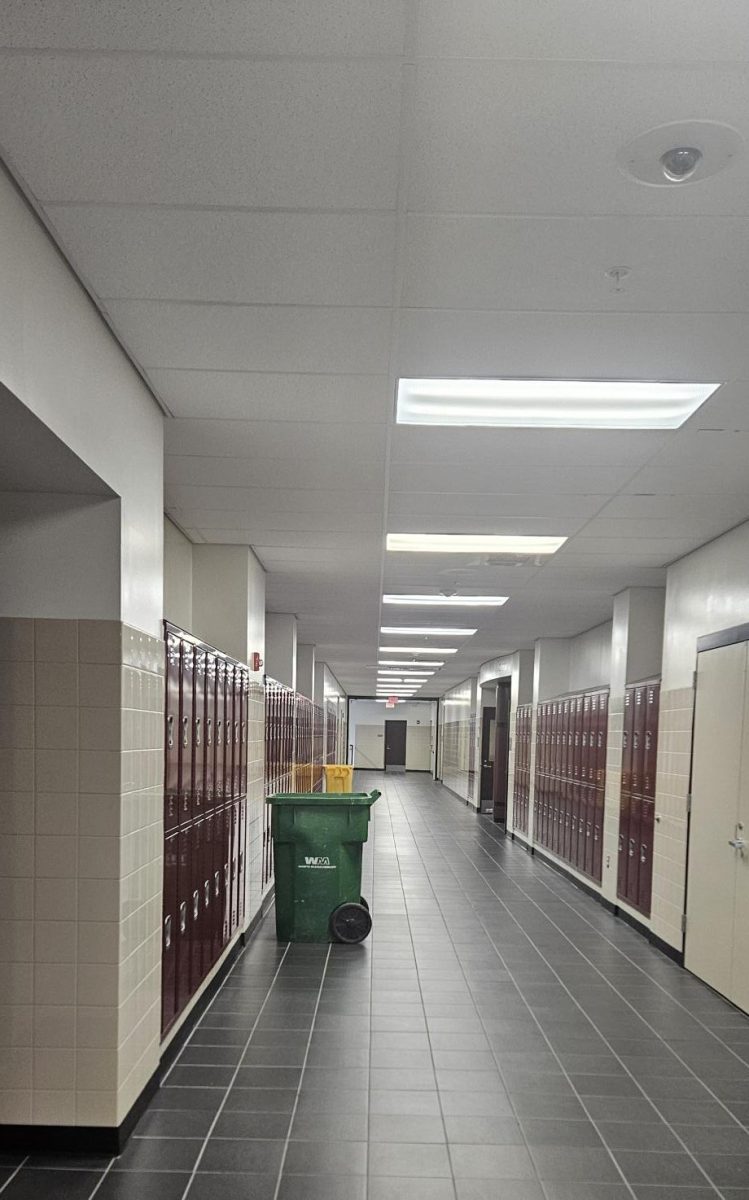



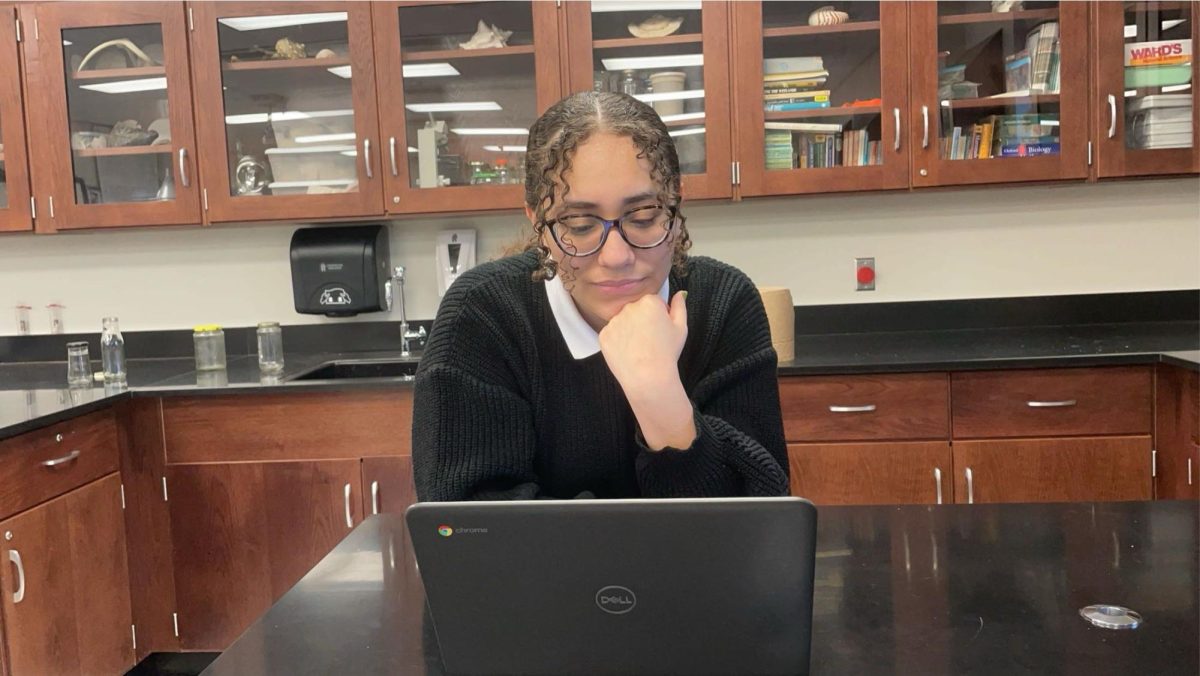



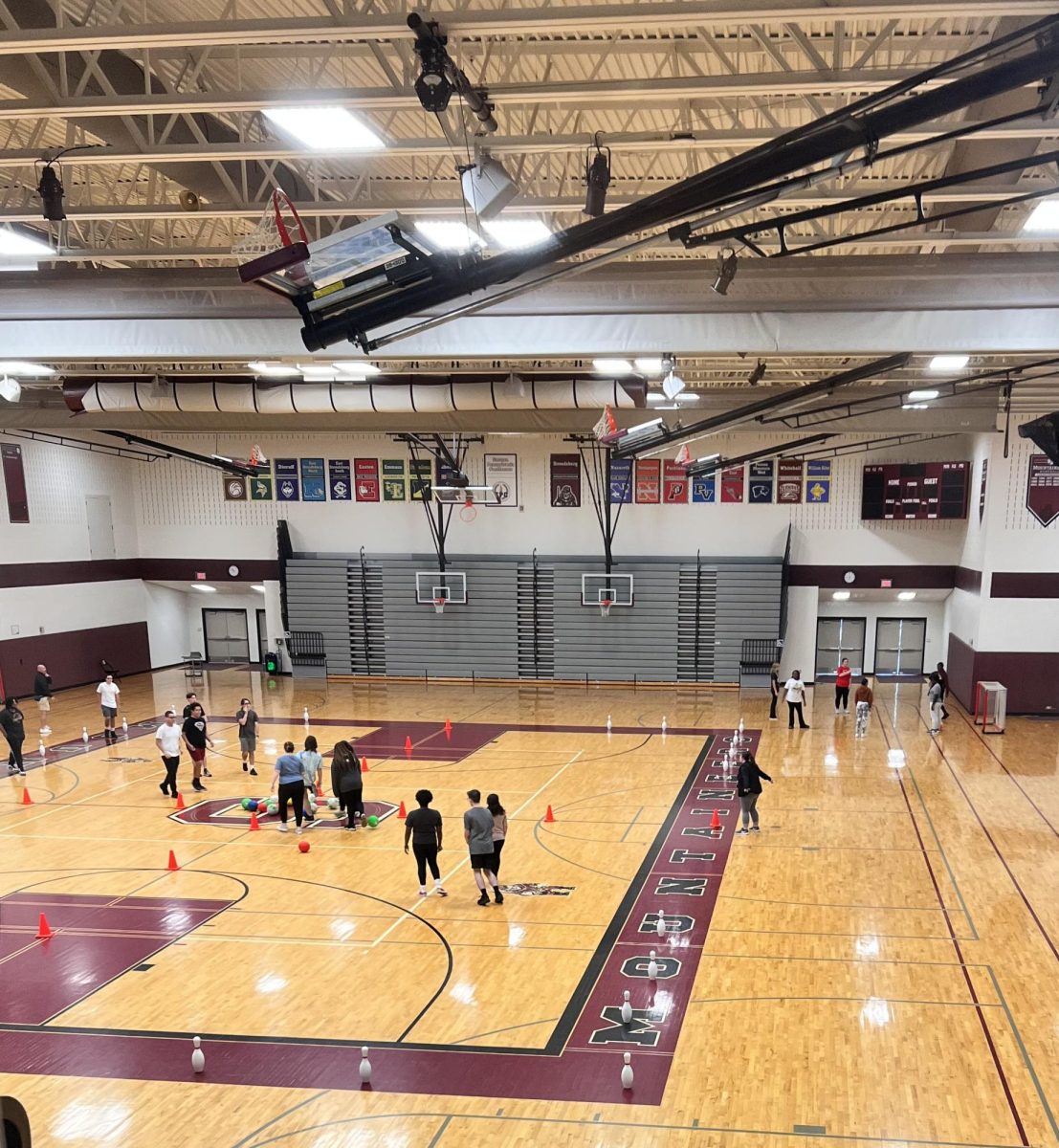







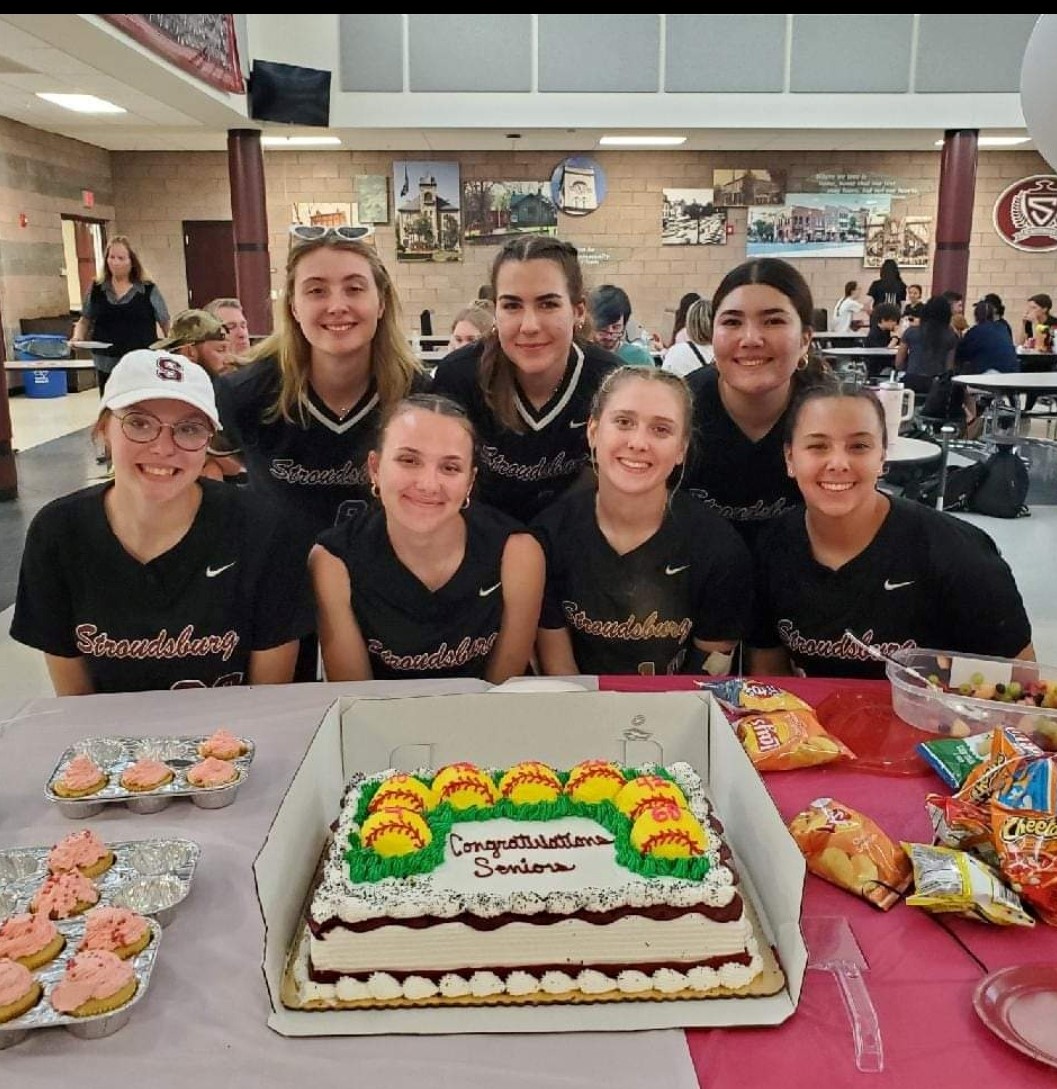
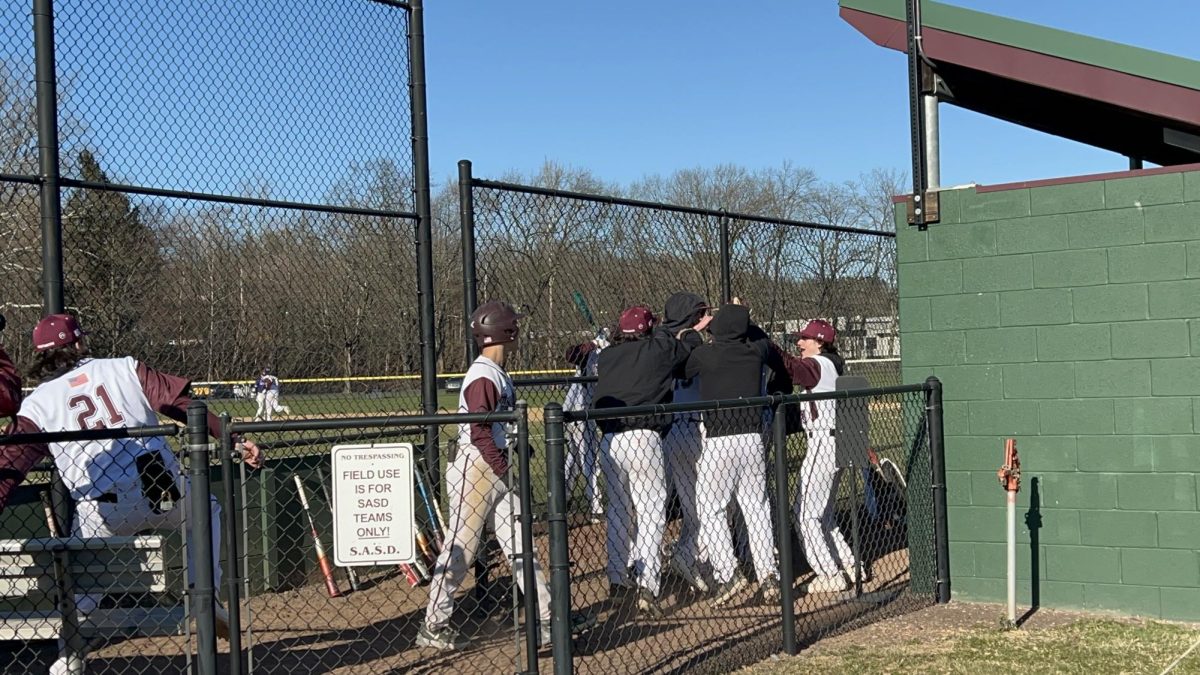
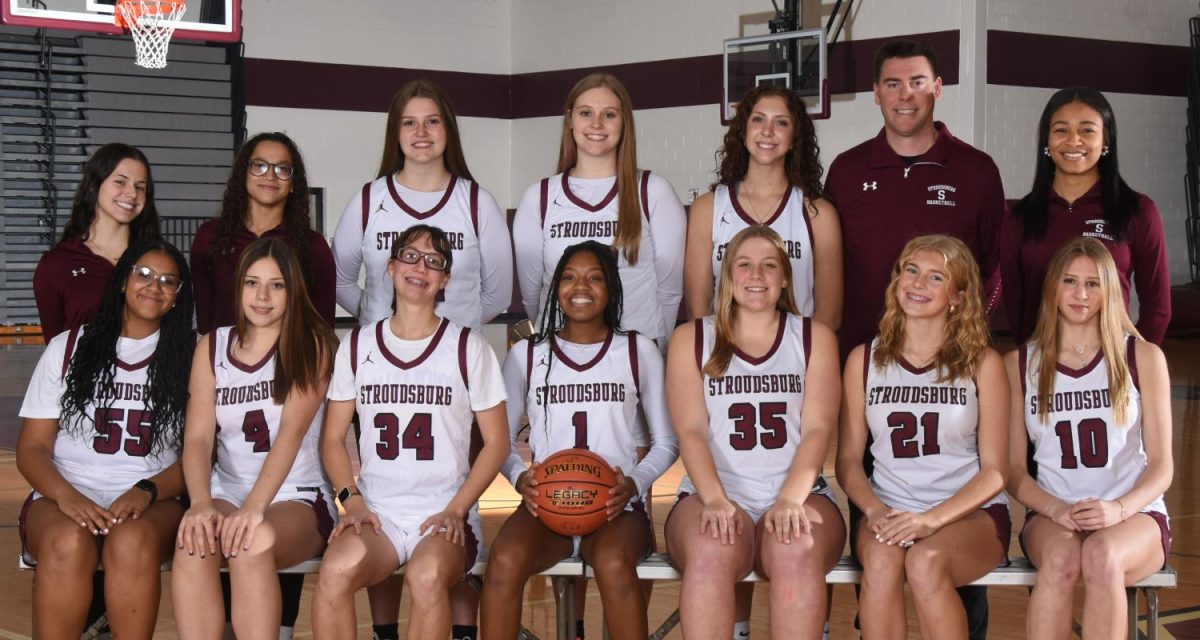


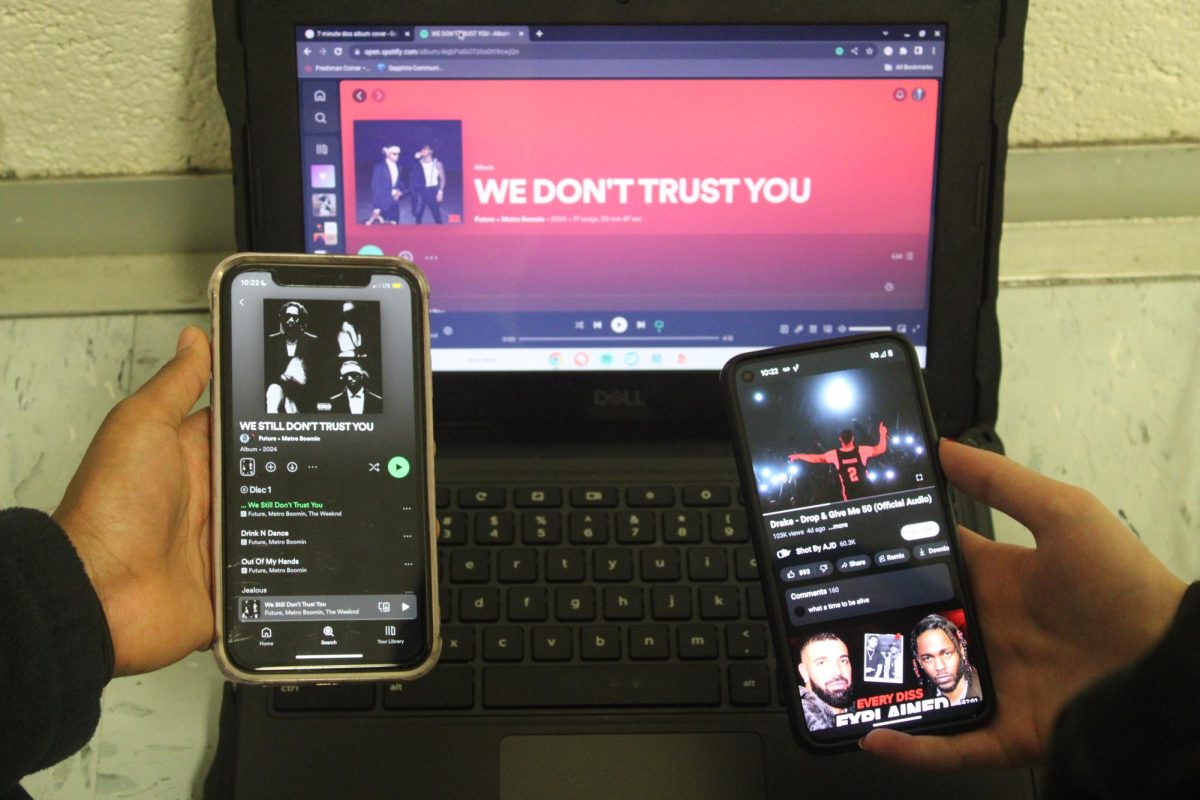





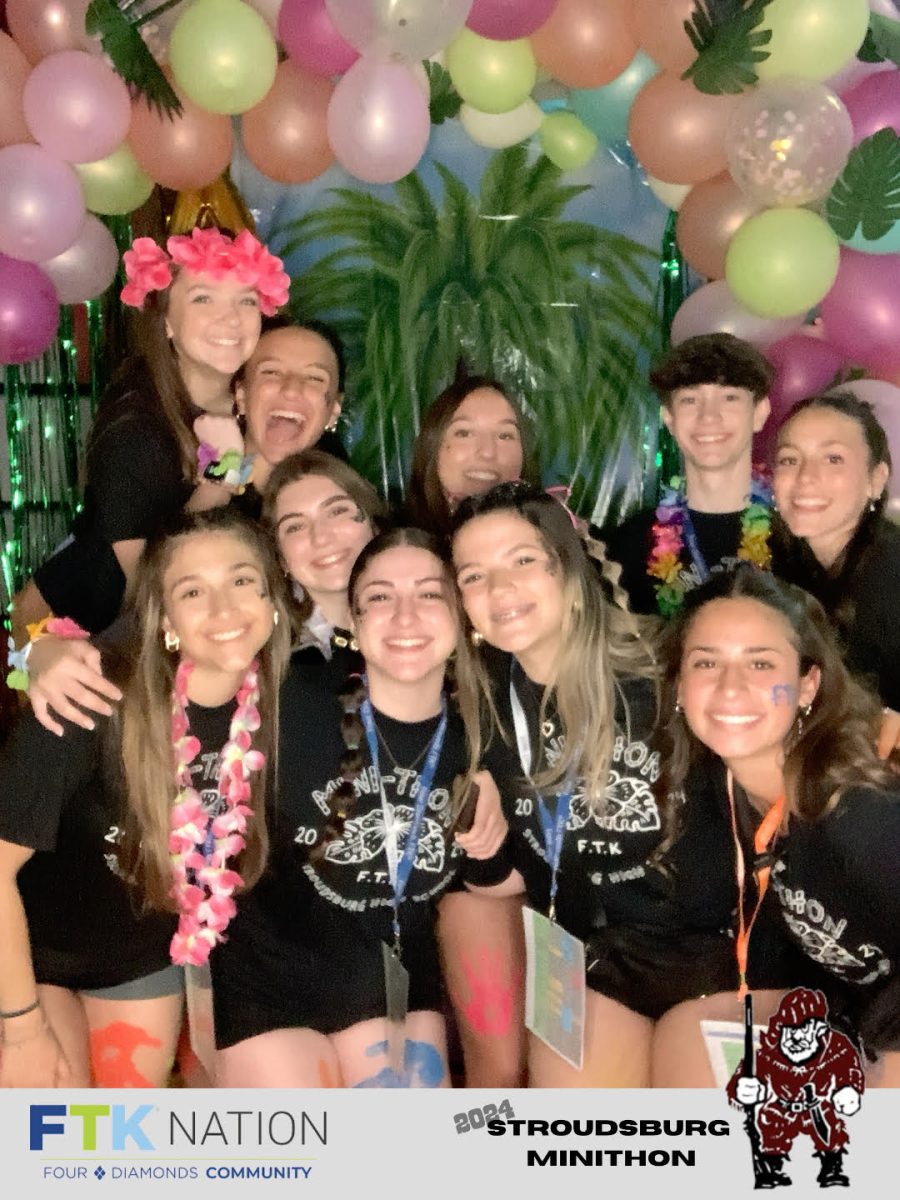



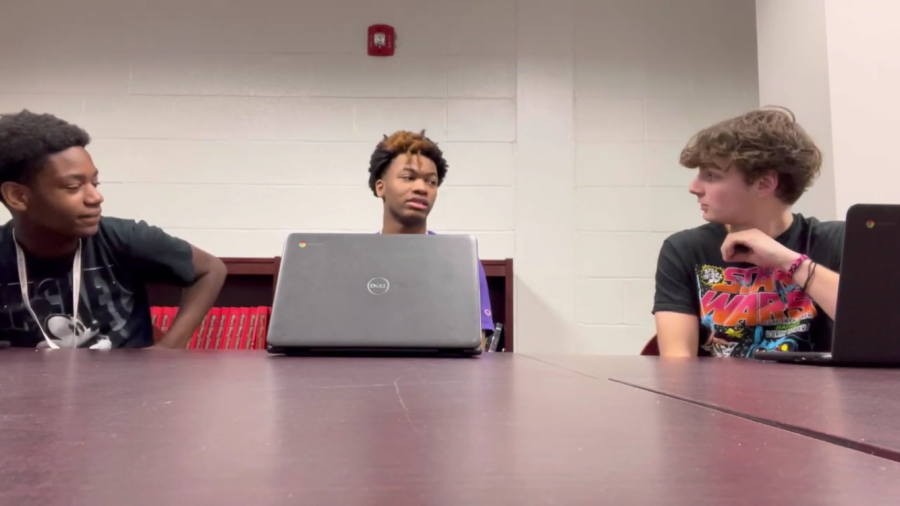

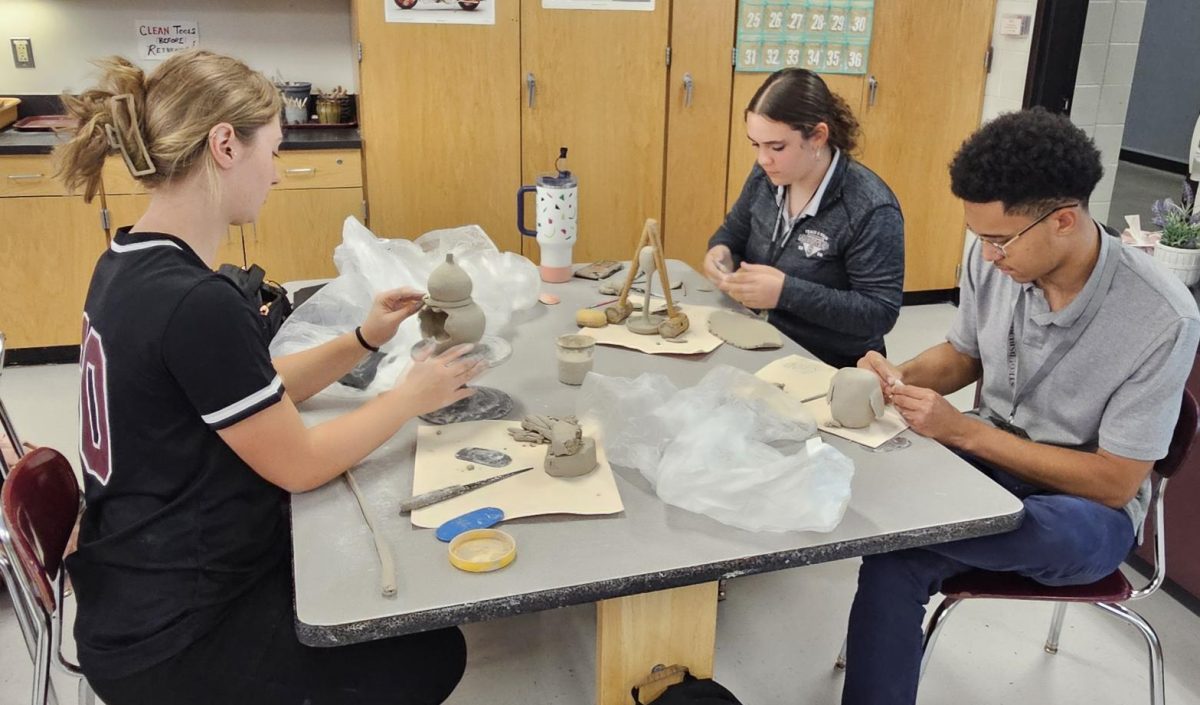









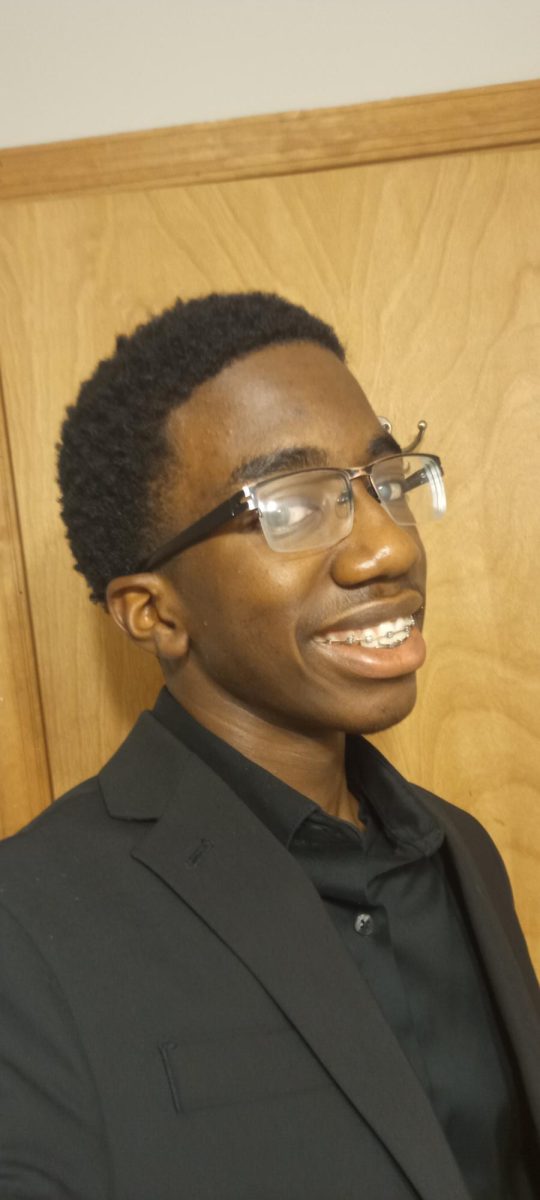

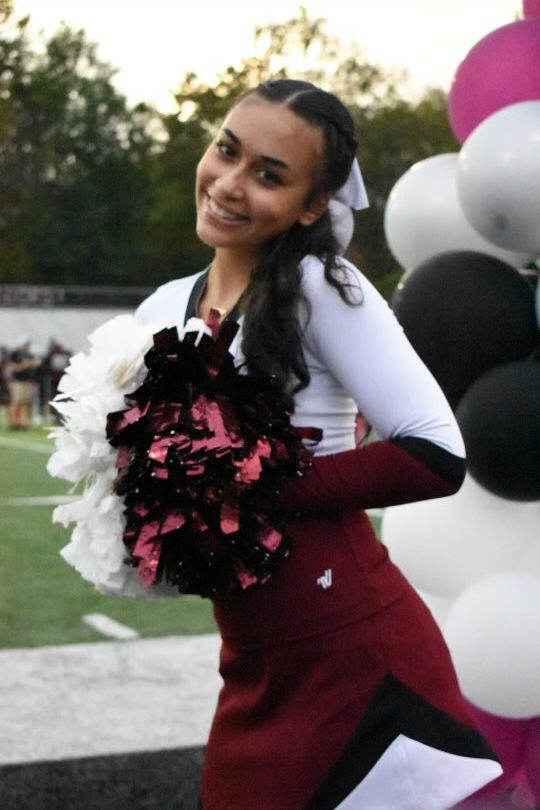




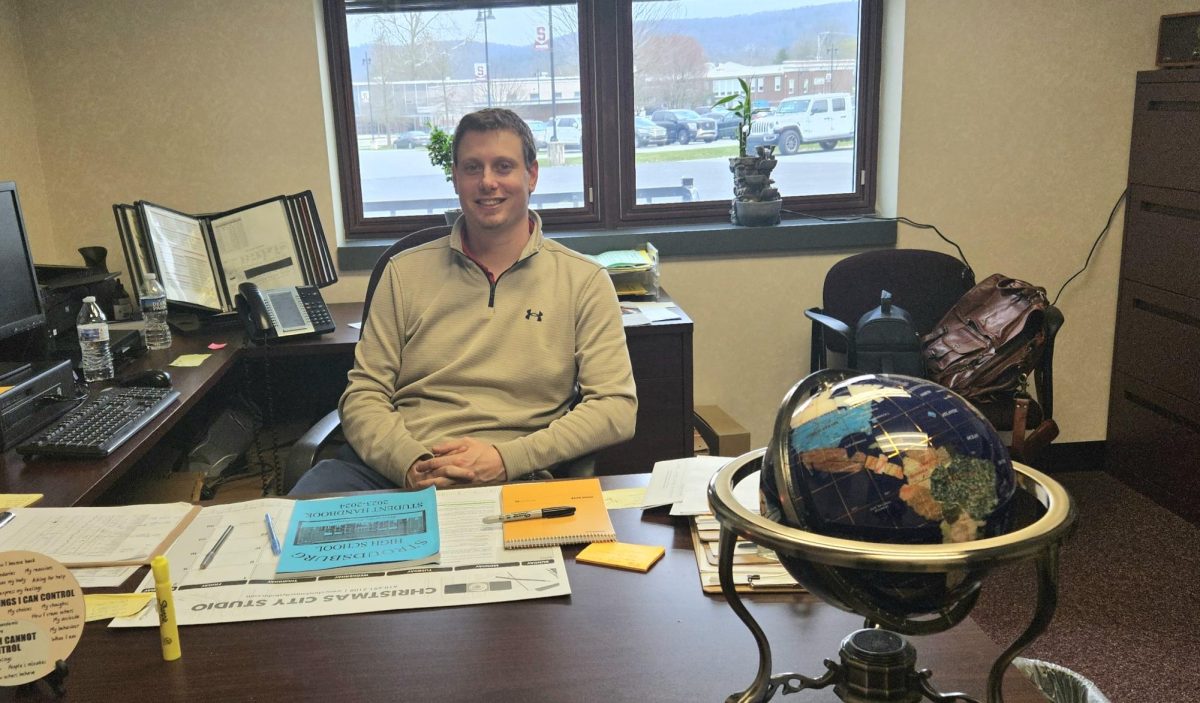

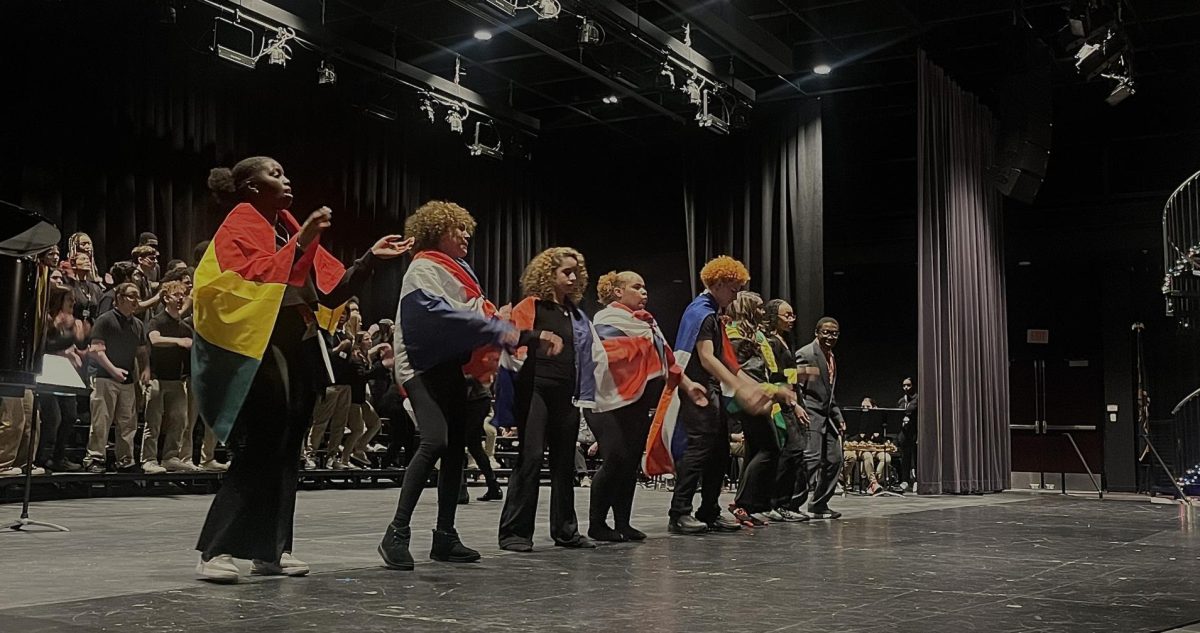


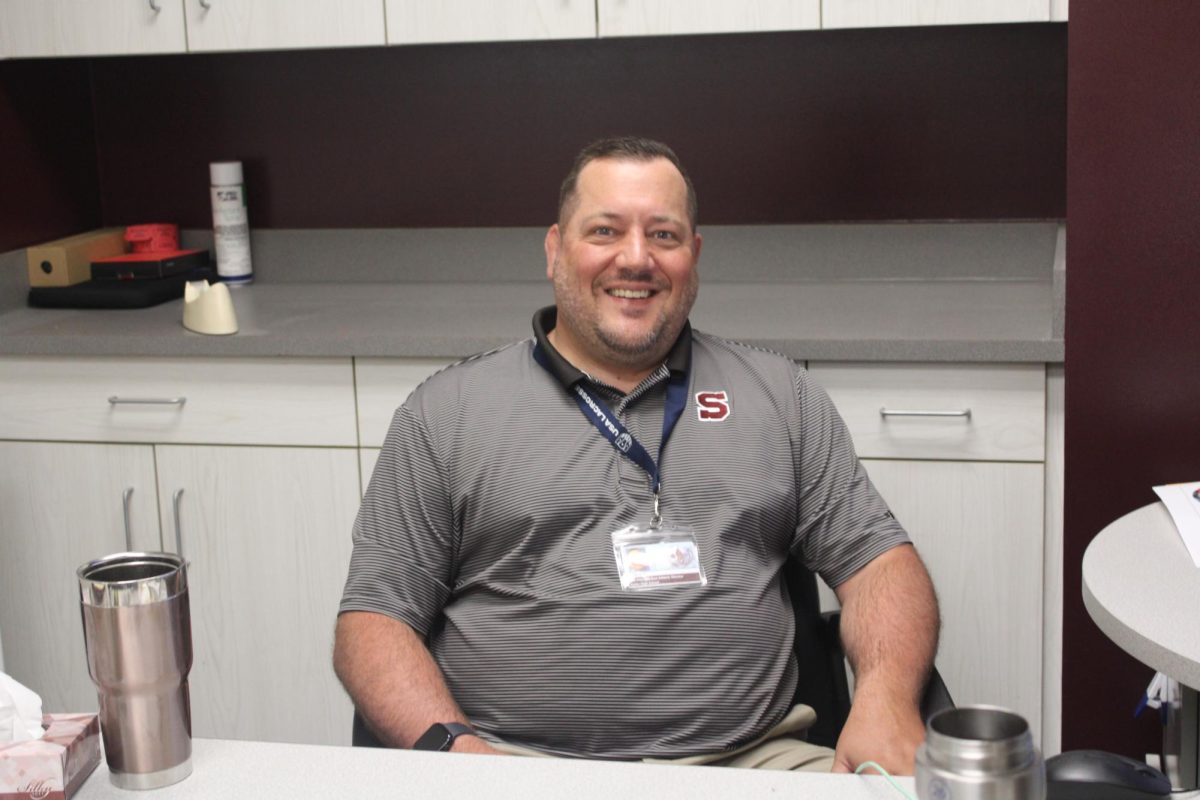






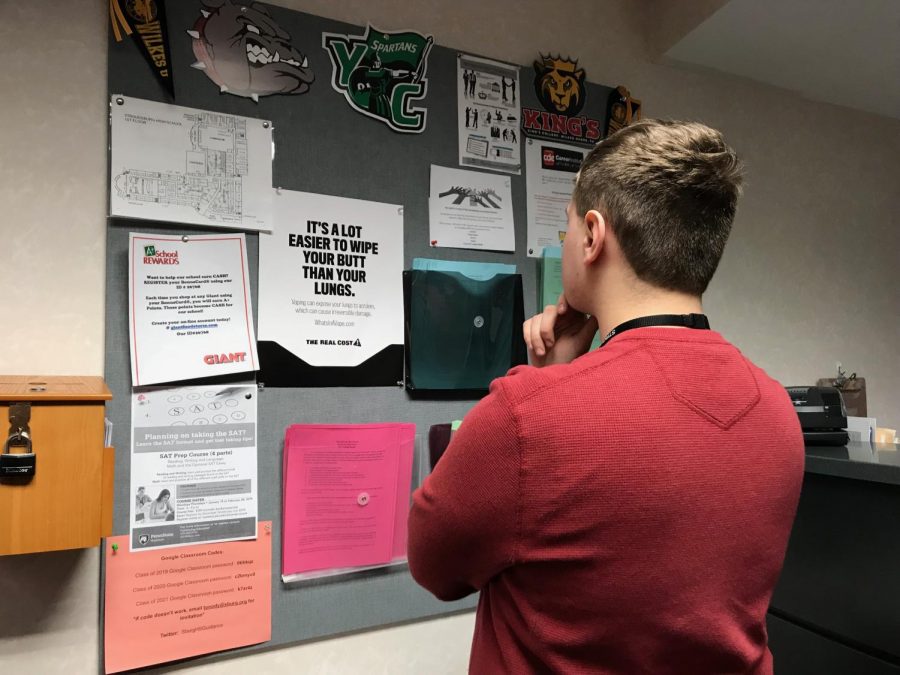










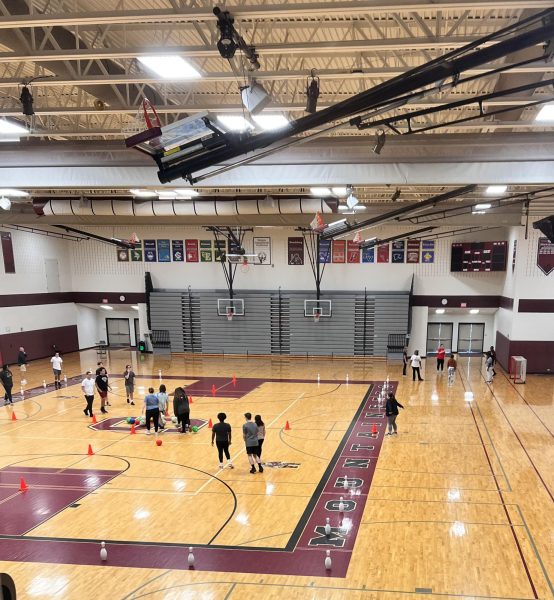


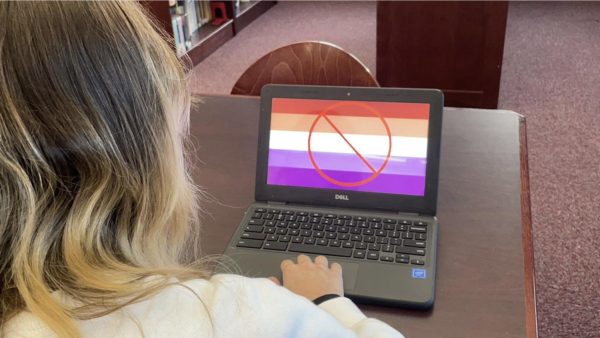


![A Promax Super Jumbo boombox (2014.270.2.1a) used as a prop by the character Radio Raheem in the Spike Lee directed picture, Do the Right Thing. The boombox includes a dual audio casette tape deck, an equilizer section, radio dial, coloured light display, and a pair each of 8 subwoofers, midranges, and tweeters. There are sections of red, yellow, and green electical tape with black ink text on the sides and top of the player. There are also rectangular black, green, and yellow Public Enemy stickers adhered to both the PR and PL side of the player. On the lower back of the boombox is handwritten text in gold ink reading [BROOKLYN, NY / 3/17/90 / To Gene / RADIO RAHEEM LIVES / LOVE, Spike Lee / FIGHT THE POWER]. There is a metal handle attached to the top of the player, around which two braided bracelets (black-and-white 2014.270.2.1b, coloured 2014.270.2.1c) and multi-coloured printed cloth (2014.270.2.1d) have been tied. The rewind button on the PR tape deck has fallen off but is stored with the boombox (2014.270.2.1e). The boombox had an audio cassette in the PR deck that has been removed (2014.270.2.2), titled JAZZ CLUB / Vocal. The cassette is off-white with black text and is printed with track titles, manufacturing information, and serial number. Date: 1980s. Record ID: nmaahc_2014.270.2.](https://shsnews.org/wp-content/uploads/2023/03/IMG-2612-1-475x309.jpg)
